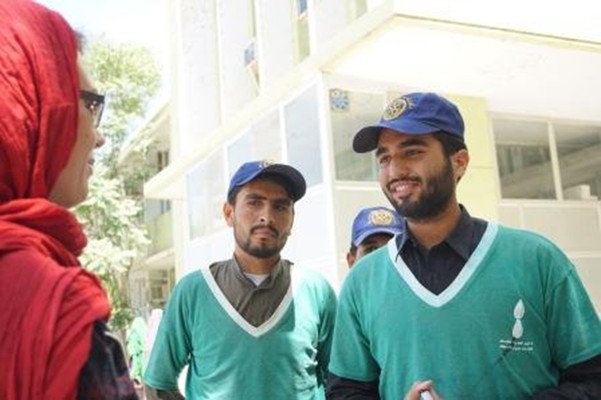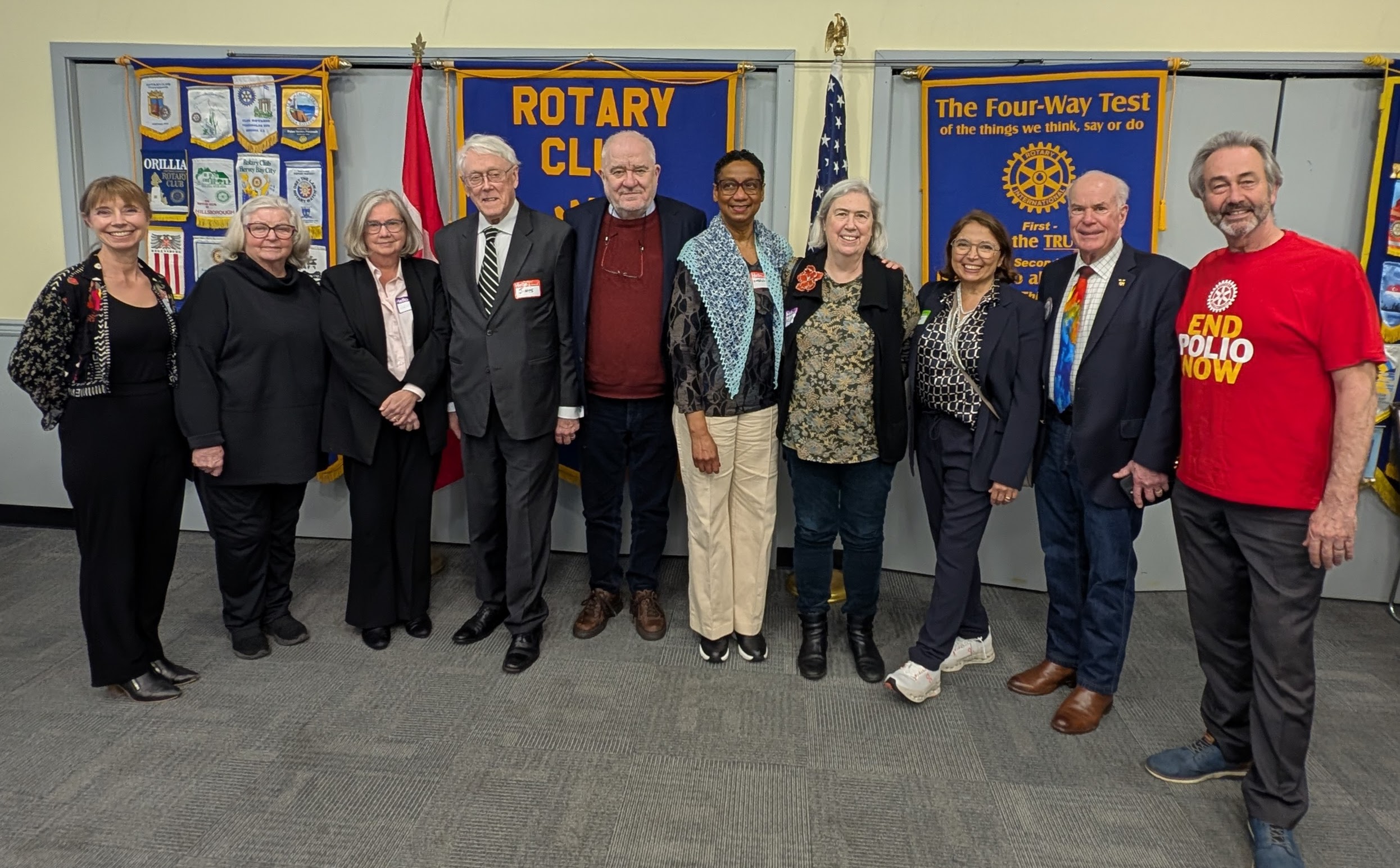
The Technical Advisory Group (TAG) on polio eradication met in Kabul from 11 – 13 July to discuss progress, remaining obstacles and opportunities as Afghanistan moves closer to achieving the goal of stopping transmission of the virus.
Senior leaders from the Ministry of Public Health, the Global Polio Eradication Initiative, donor agencies and national and provincial polio teams met for the second time this year to assess the recent progress made in eradication efforts, and to review the National Emergency Action Plan for Polio for 2016-17.
“Afghanistan has seen significant progress in polio eradication. We acknowledge the extremely challenging situation in Afghanistan and appreciate the hard work done by all involved in the polio programme”, said TAG Chairman Jean-Marc Olive.
Minister of Public Health Dr Ferozuddin Feroz underlined the government’s commitment to stopping the circulation of wild poliovirus by the end of 2016.
Gains in a challenging environment
The TAG noted that Afghanistan has witnessed significant progress in its polio eradication programme. New achievements and initiatives were commended by the TAG including the improvement of micro-planning in 47 very high-risk districts, a new training module for frontline health workers and a modified revisit strategy that ensures that more children are reached during vaccination campaigns.
Most of Afghanistan is now polio-free, with transmission limited to a small geographical area in Kunar province in the east, and the northern parts of Helmand and Kandahar in the south.
However, continued transmission in the east illustrates the importance of common reservoir transmission between Pakistan’s Khyber Pakhtunkhwa and the Federally Administered Tribal Areas (FATA) and the area bordering Afghanistan. Despite these persistent pockets of transmission, Afghanistan has been able to limit the virus to a fairly small area. No virus has been detected in environmental samples in 2016, and the TAG commended national surveillance systems which were demonstrated to be strong in a recent review.
Despite the progress made, many challenges remain on the road ahead to reaching a polio-free Afghanistan. The recent deterioration of the security situation, particularly in the Northeast and Eastern regions, is a cause for concern as the proportion of under-immunized children remains high in Helmand and Kandahar and has increased in Kunar.
The initiative is actively addressing these accessibility issues. For example, permanent vaccination points have been installed around inaccessible areas, ensuring vaccination from all nearest health facilities and engaging with communities to guarantee access while maintaining strict neutrality.
Moving closer to the finish line
In 2015, 20 polio cases were reported, down from 28 cases in 2014. In 2016, six cases have been reported to date. In the coming year, the programme will focus on building on the new interventions introduced this year to further improve vaccination campaign quality and surveillance.
The TAG urged the programme to continue its strict adherence to programme neutrality. Recommendations highlighted the need to intensify efforts to reach children who cannot currently be accessed during vaccination campaigns through sustained engagement at a local level with religious leaders and community elders.
They also emphasized that efforts must continue to operationalize the full-time deployment of the Immunization Communication Network to boost ongoing social mobilization and community outreach activities. The group also endorsed the 2016-17 National Emergency Action Plan for Polio, which will guide the programme’s interventions in the coming year.
“We are responsible to protect our children no matter where they live in Afghanistan. We are having an all-time low of polio cases in 2016 and most of the country is free of this virus. We thank the TAG for their guidance towards achieving a polio-free Afghanistan and will implement their recommendations in full spirit,” said Dr Hedayatullah Stanekzai, Senior Advisor to the Minister of Public Health.
A joint statement from donors, including the Department of Foreign Affairs, Trade and Development of Canada, Rotary International, Bill & Melinda Gates Foundation, JICA and USAID, provided further recommendations and acknowledged that the hard work carried out by the polio programme is paying off with visible results.
“There is ample evidence to suggest that the opportunity to interrupt poliovirus transmission this year is a very real one. Our support to polio eradication will continue until the very last case of polio is seen,” said Waqar Ajmal, Senior Programme Officer at the Bill & Melinda Gates Foundation.
Find out more about the Afghanistan TAG here.



